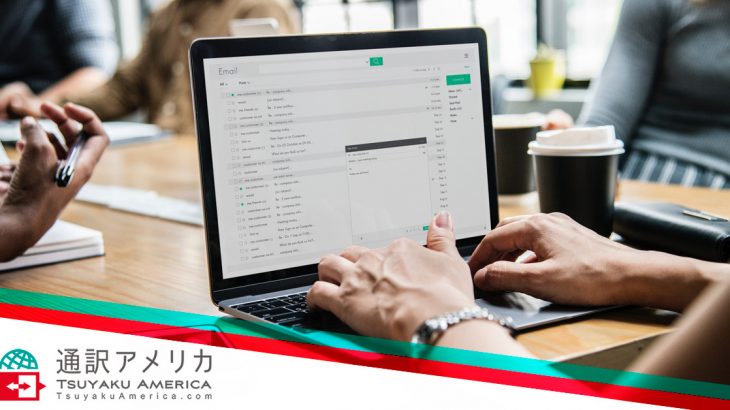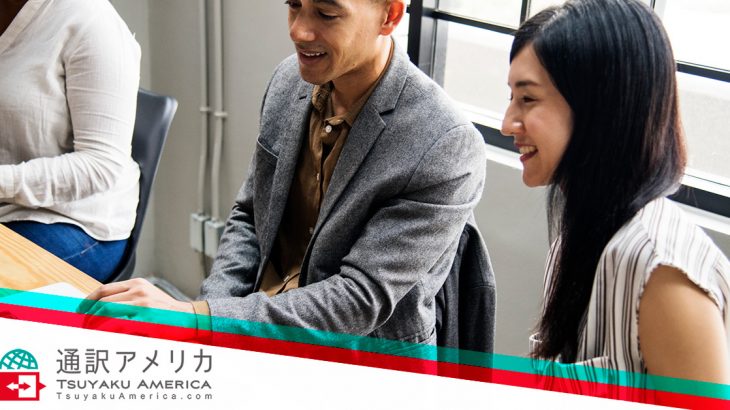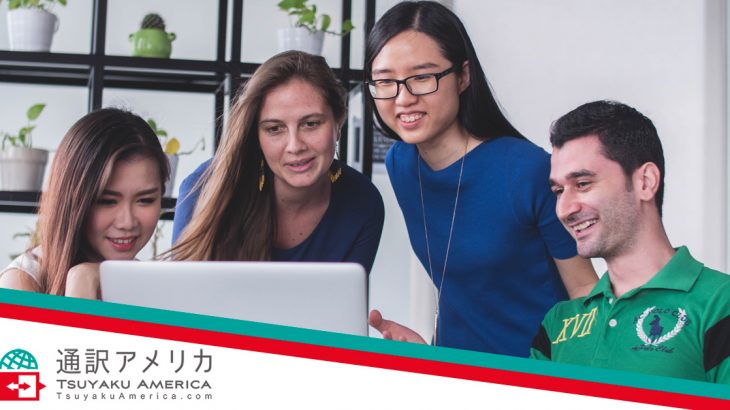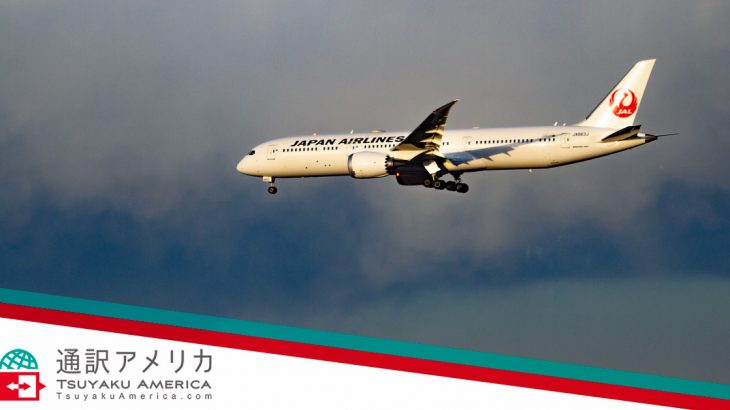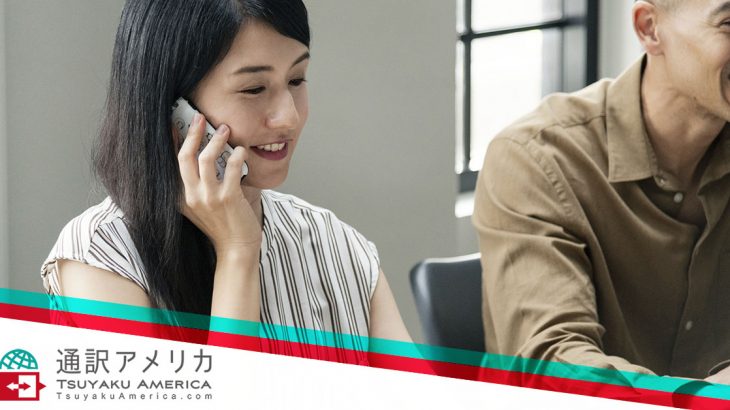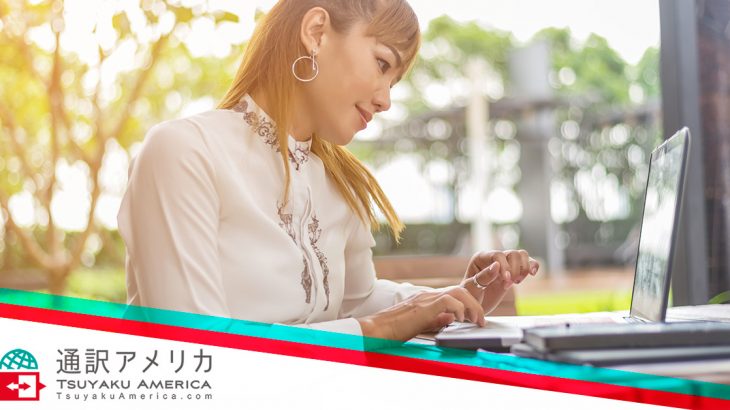Cultural norms and customs can often be difficult to navigate. If you’re like many Americans, then you may not have any idea about how to properly interact with members of another culture, especially when it comes to business-oriented social settings. We’ve provided you with a wealth of information about how you can improve your demeanor and interact respectfully with Japanese guests in our previous three blog posts, so be sure to catch up on parts one, two, and three if you haven’t already read them. In today’s post, we’ll provide you with two more tips that can help you find success in your next meeting with a Japanese business partner.
When you’ve finished reading this post, get in touch with a member of Tsuyaku America to learn more about how we can help you find a professional Japanese interpreter who can come to your business here in the United States, or accompany you to a domestic or international business meeting. We look forward to speaking with you soon!
Bows Are Important 
Bowing is incredibly important in Japanese culture, but pulling off a bow correctly can be a difficult task. Among other factors, age, rank, and social status will determine the qualities of a proper bow. You will not be expected to know how to bow properly, but the small gesture of bending at the waist may be appreciated. This shows that you are willing to learn and observe the culture without putting you at risk of a faux pas. In high-stakes situations, a professional Japanese interpreter can provide you with the guidance you need to show proper deference to the other party.
One interesting observation we have as interpreters concerns how different cultures send each other off after a meeting comes to an end. When you visit a Japanese company, as you leave their office after the meeting, the hosts will almost always walk you to the elevator and see you off as the elevator door closes. In most cases, they will bow as the door closes. This is to show their gratitude and respect to their guests.
Like many other unique Japanese practices, Japanese visitors do not expect American hosts to do the same. As professional Japanese interpreters, we hear a number of unique comments on the different cultural customs from both sides of the table. For instance, when an American host walks away without seeing the guests off at the elevator, the reaction we often hear is, “How American!” That in itself is not a negative comment, but it may be a great opportunity to turn it into a positive one. By being one of the few American hosts who sees their guests off to the elevator with a smile and a hand wave as the door closes (no need to do an awkward bow!), you have a better chance of leaving your guests with a great first impression.
Learn to Look for the Word “No” 
“No” is a tricky word in Japanese culture. We will save the majority of the details for another blog post dedicated entirely to this topic, but in short, saving face and maintaining harmony are very important in Japan. As we previously discussed, Japanese culture relies on tacit, unstated communication much more than we do here in the United States.
Suppose you ask your interlocutor if they would like to renew their contract and they have already decided that they will not, how might they signal this to you? They may say that renewing the contract would be difficult, stay silent, or change the conversation altogether. While you might initially think that the other person is avoiding the question completely, they may have given you a direct answer through indirect means. Of course, this point has exceptions, and there are plenty of Japanese people who will directly tell you “no” here in America. Abroad, be sure to look for tacit forms of communication.
We hope that this series has helped you better understand Japanese culture and customs that could affect your next business meeting. We know that Japanese etiquette norms can sometimes be complex or difficult to grasp, and that’s why we recommend that you hire a professional Japanese interpreter to help you navigate the cultural space between America and Japan. Tsuyaku America can help you find a professional translator who knows the ins and outs of Japanese culture — get in touch with us using our convenient online contact form to get started!

